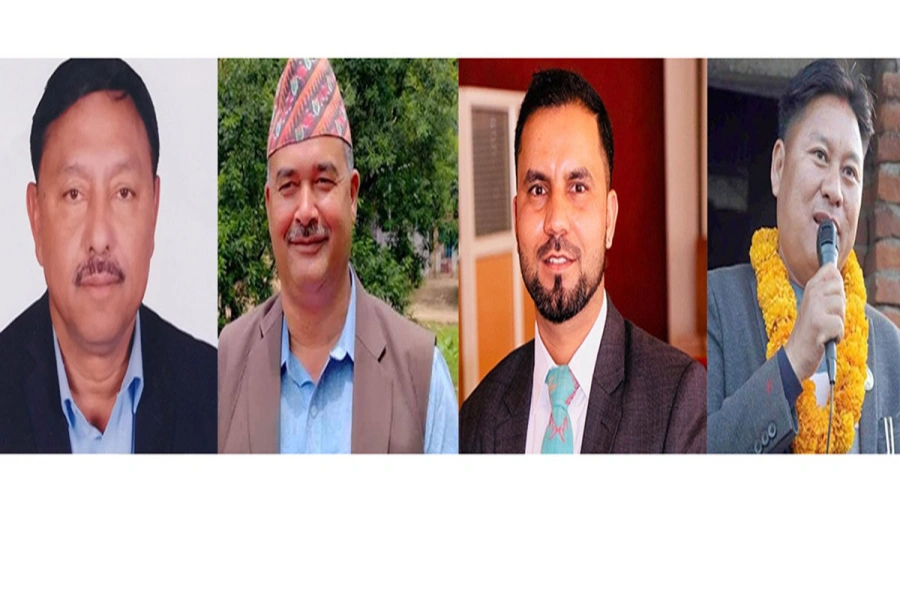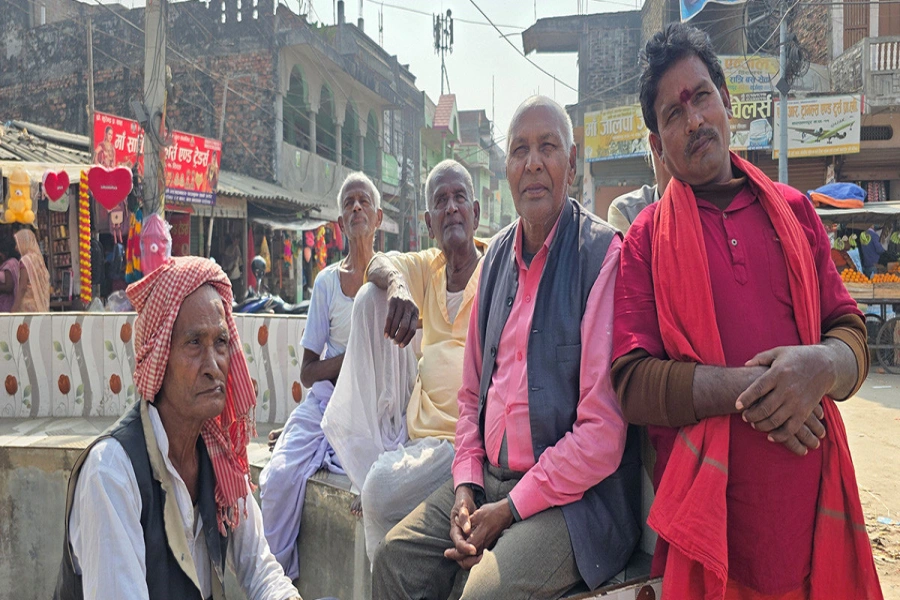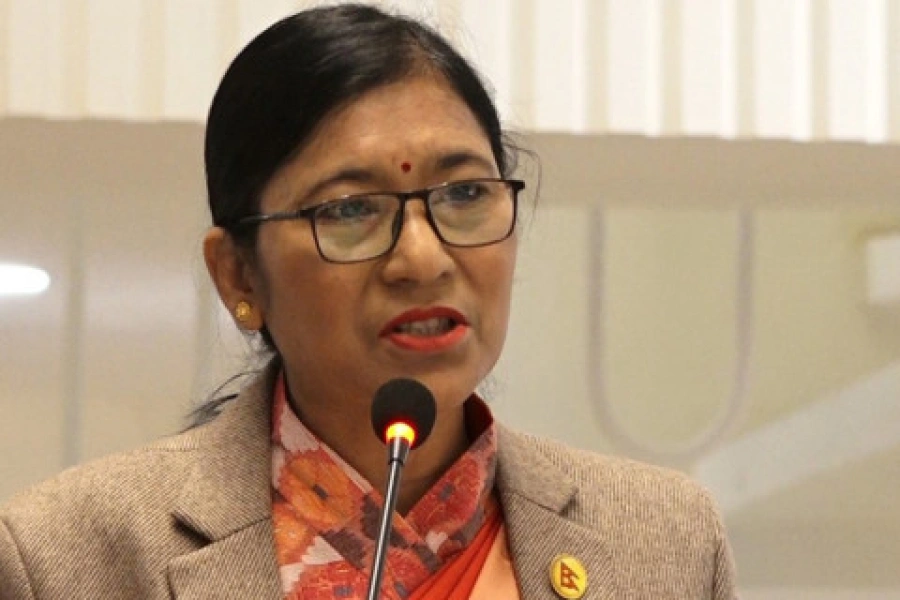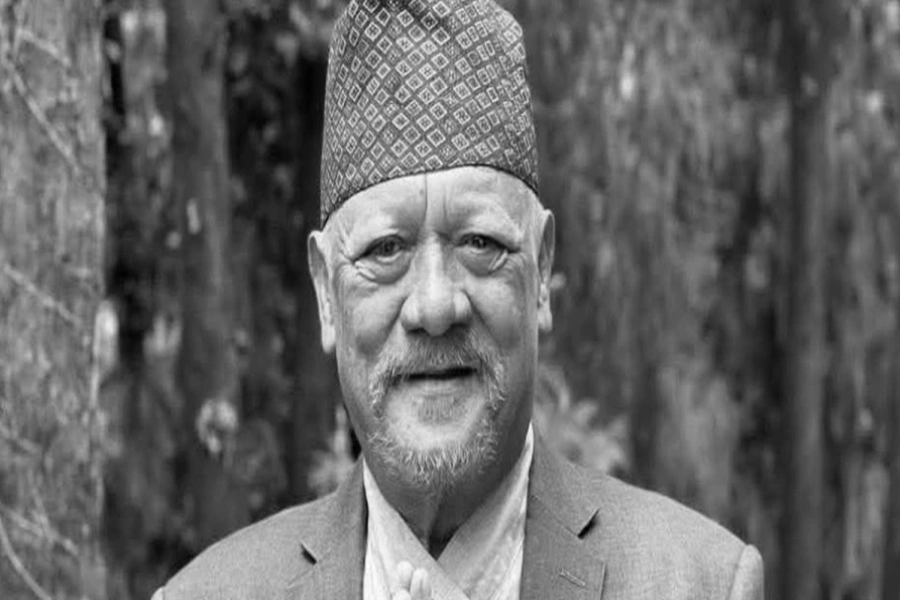“Mrs. Powell: Well Doctor what have we got a republic or a monarchy?
Dr. Franklin: A republic, if you can keep it.” (September 18, 1787, diary of James McHenry)
As the deadline for the promulgation of new constitution closes in, social and political stakeholders have reached a point of exhaustion and seem keen to muddle through in order to find some common ground on the contentious issue of federalism. If interactions with pro- and anti-federalists, institutions and actors over the past month are any indication, it is now reasonable to argue that federalism is most likely to be implemented over time. Though such federalism may not be ethnic in character, the recognition of ethnic communities, devolution of power and dispensation of quality services to the lowest strata of society will be a common agenda.
Practically, it may take a couple of years in order to implement federalism at all tiers but the ideological arrangement is likely to begin with the promulgation of the constitution.
However, political parties don’t seem to have completed the needed homework to implement federalism. It is high time that politicians and activists began working on the underlying philosophy and principals that will guide federal Nepal so that even if legal and logistical arrangements are not operational by the time, it will at least provide direction to the country. Therefore, it is imperative to lay down the founding principles for federal Nepal. There is a need to introspect on the kind of federalism we are seeking. In a diverse and dynamic society like ours, it should not be the government that rules over its people. Rather, federalism should be based on how people relate to the wider universe and among themselves.
Further, it is the inter-relationships among diverse communities that should shape the foundation of a democratic federal society. The important question that needs to be probed is whether as citizens of this nation, we are capable of governing ourselves. Government functionaries and institutions are mere instruments that help us achieve our end. They are not an end in themselves. So what is the end that we seek through a new federal setup?
Only a ‘contractual’ approach can serve as the foundation of a federal society. And such contract is only possible through mutual trust and negotiations that we develop on deliberations. Human beings are imperfect. Political theorist Vincent Ostrom thus says, “We draw upon our own resources to better understand ourselves, to reach out and develop an understanding of one another and of the world in which we live—but with a critical awareness that we are fallible creatures and vulnerable to error. Puzzles always remain about the nature of order, puzzles that transcend human understanding. Human beings always bear the burden of fallibility."
We need a political vision but with that, there is a need to build inclusive and plural institutions that can translate those visions into reality. Unfortunately, it is also not just institutions that can deliver. Citizens must negotiate and relate with each other to help institutions stay true to their responsibilities. Institutions should not be empowered to exercise overall authority. That would not be in keeping with the federal spirit. A fundamental principle of federalism is to challenge the concentration of power and authority either in the hands of a set of institutions or actors.
Federalism can only succeed when power and authority is redistributed between various layers of society. Merely taking away power and authority from institutions in Kathmandu to those in the provinces without their redistribution through multiple levels in the society, will not solve Nepal’s age-old governance problem. Successive freedom movements in Nepal have taught us that we cannot have a supreme authority. It is not only the supreme authority of the centre that needs to be challenged, but similar authority at the province and local level also has to be contested in the new federal model.
If citizens are mere pawns of political processes and are confined to the status of fringe players in determining electoral results and government formation, the federal model will fail. We will thus do well to reflect upon what Alexander Hamilton said in the opening paragraph of Essay 1 of The Federalist: “Whether societies of men are really capable or not of establishing good government from reflection and choice or whether they are forever destined to depend for their political constitutions on accident and force.”
Any system of governance has to sensitize its citizens on how to reflect and choose. Only these capacities can help individuals develop the ability to govern themselves. Unfortunately, this is less likely in a society where democratic despotism is the norm. Successful system of governance depends upon rationale, intelligent and contractual contestation among citizens. Any movement, ideology or practice that spreads hatred, jealousy and a ‘singular’ identity is anti-federal in spirit.
But like every other aspect of our lives, federalism does have its limits. The founding philosophy of federalism has to be immediately agreed upon. Without it, federalism will remain a mere illusion—a fantasy both difficult to realize and sustain.
sharmasumit77@gmail.com
Desperate search for missing girls as nearly 80 dead in Texas f...







































